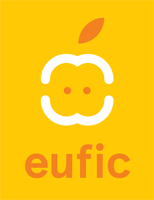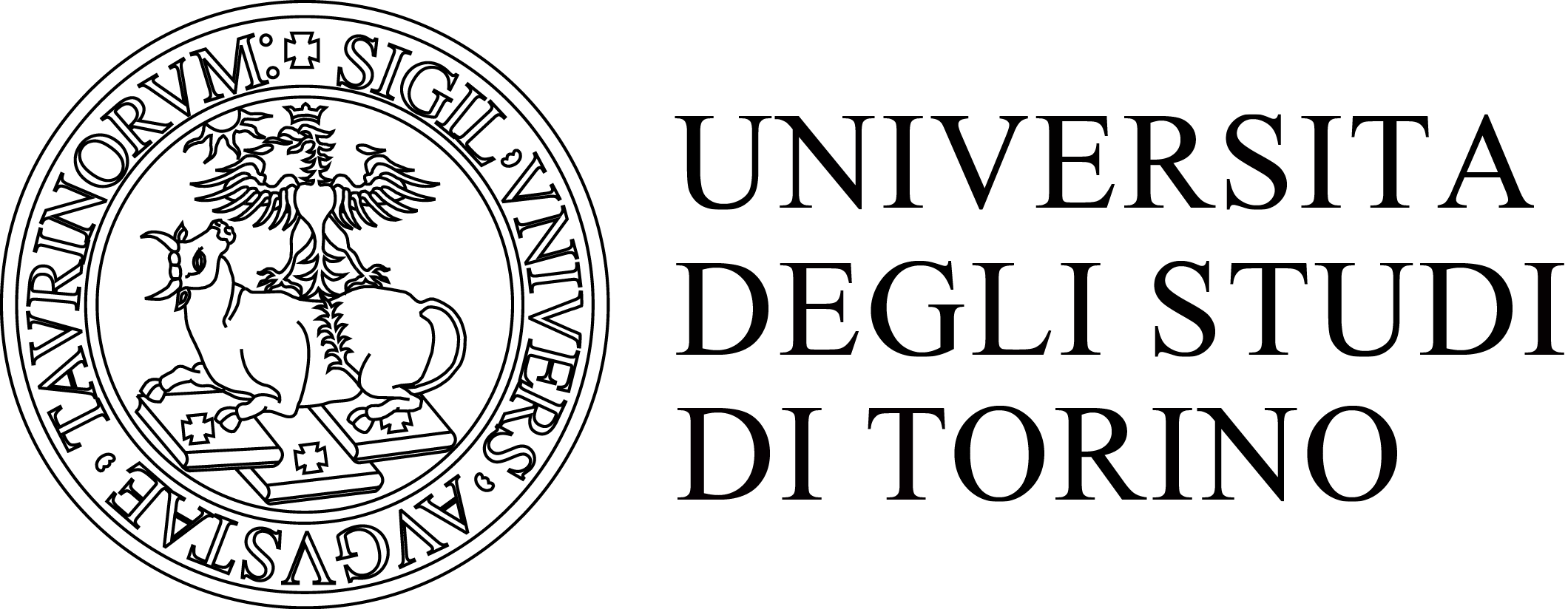Consumers have never been confronted with so much food choice. Making a decision on what food to eat is affected by many factors, including media reports, diet research findings, and social media. On this course, participants will access leading research and expert insights to make sense of some of the most common food controversies:
- Alternative proteins;
- Palm oil; and
- Probiotics.
Who should join the course
Anyone curious about what their food contains, and what this means for their health and the environment. Professionals in the food and environment sectors will find this course useful for providing an up to date analysis of topical debates.Teachers may also find this course a useful resource for their students studying food science subjects..
Timeline
The course will be available all year round from 2022 onwards.
Learning objectives and outcomes
Once completed, participants will be able to:
- Demonstrate knowledge of three topical food controversies that affect human health, welfare and the environment;
- Reflect on your own food preferences and make better informed decisions about which products to buy for yourself and your family;
- Justify your choices and engage others, contributing to improvements in industry practice and an overall better understanding of the food system amongst consumers;
- Interpret news reports, apply critical thinking and be proficient at analysing media coverage of food controversies;
- Reflect on the perspectives of different stakeholders and recognise the myriad challenges and trade-offs such a complex system creates
How to join the course
This course is available on FutureLearn: https://www.futurelearn.com/courses/engaging-with-controversies-in-the-food-system
Press release
http://www.reading.ac.uk/news-and-events/releases/PR839952.aspx





